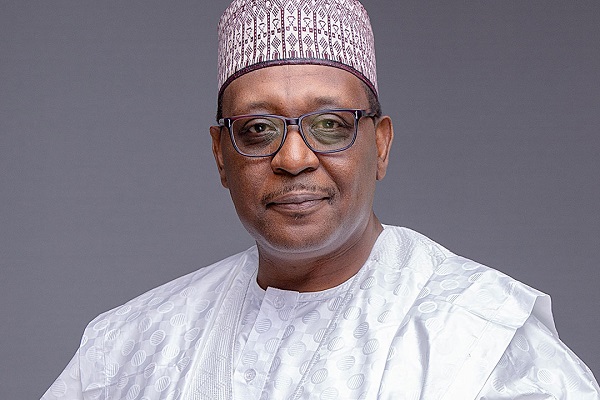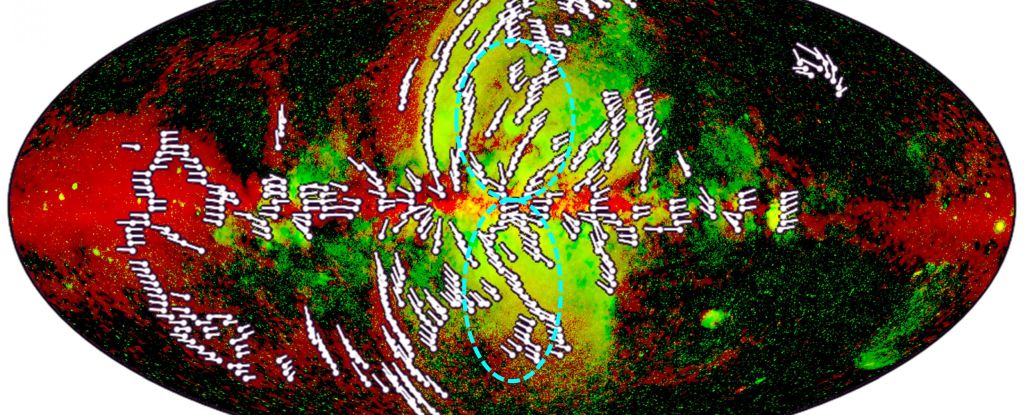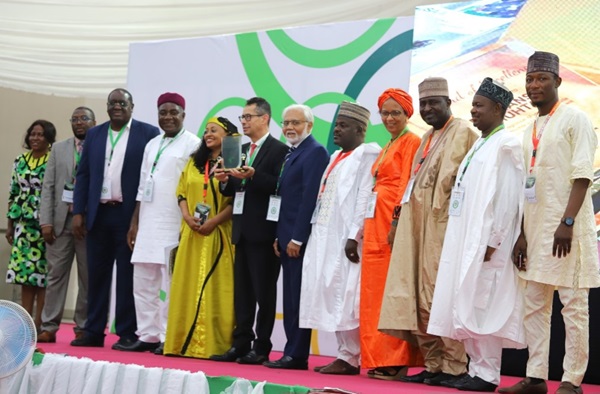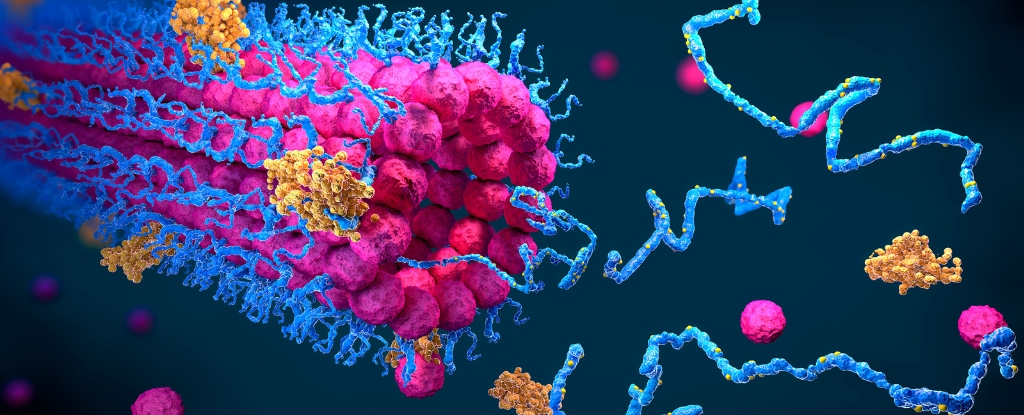Place your adverts here on InfoDig @ low rates; banner ads, sponsored links and guest articles etc. Contact us
 Prof. Muhammad Pate.
Prof. Muhammad Pate.The Federal Government has reintroduced the School Health Programme to meet the physical and mental health needs of adolescents, ensuring comprehensive healthcare support within schools.
Minister of Health and Social Welfare, Dr. Muhammad Pate announced during a press briefing on Thursday in Abuja, to mark the 2024 International Adolescent Health Week (IAHW). Pate emphasised that the initiative aims to improve adolescent physical health, mental resilience, and overall well-being, with a focus on hygiene, nutrition, and healthcare accessibility.
This year’s IAHW theme, “Thriving, Not Surviving: Building Adolescents’ Resilience,” is a call to action to ensure that adolescents are empowered to grow, thrive and develop resilience in the face of life’s challenges. Pate, represented by the permanent secretary of the ministry, Ms. Daju Kachollom explained that the programme will prioritise educating adolescents on maintaining their physical and mental health.
“Adolescence is a critical stage of life, marked by rapid physical, emotional, and mental development but also significant vulnerability,” Pate said. He highlighted key challenges faced by adolescents, including mental health issues, gender-based violence, substance abuse, risky sexual behaviour, bullying and structural barriers such as poverty, poor access to healthcare and lack of education.
“As we gather here today, remember that adolescents are not merely our future but a vital part of our present,” Pate emphasised. “Their health and resilience will determine the trajectory of our nation’s progress.”
Pate stressed the need for policymakers, healthcare providers, educators, and community leaders to create environments that foster adolescent resilience. These efforts should include providing access to comprehensive healthcare, mental health services, quality education, and safe spaces. He also addressed the rise in mental health disorders such as depression and anxiety among adolescents, many of whom suffer in silence due to stigma and lack of access to care.
“The Ministry of Health is committed to breaking this silence,” Pate said, as he noted the establishment of the National Mental Health Programme to raise awareness and provide adolescents with the support they need. “Mental health must be treated with the same urgency and importance as physical health.”
Kachollom, represented by the ministry’s director of family health, Dr. Binyerem Ukaire reiterated the importance of IAHW in empowering adolescents and urged health professionals, policymakers, educators, parents, and the media to collaborate in creating a future where every adolescent can thrive.
Meanwhile, the executive director of the GEM Hub Initiative, Mrs. Oyeyemi Pitan reassured adolescents of Civil Society Organisations’ (CSOs) commitment to ensuring their well-being. She emphasised the importance of life skills programs, covering healthy behaviours, emotional intelligence, decision-making and stress management, to empower young people.
A health economist and monitoring & evaluation specialist at the African Health Budget Network (AHBN), Mrs. Maimuna Abdullahi highlighted the ongoing efforts to provide adolescent-friendly healthcare services. She added that AHBN creates safe spaces for youth to discuss mental health issues without stigma and offers trained counsellors to address their unique challenges.
IAHW, celebrated annually from October 7-13, focuses on improving the health and well-being of over one billion adolescents globally, inspiring youth and their communities to advocate for a successful transition into adulthood.















 English (US) ·
English (US) ·